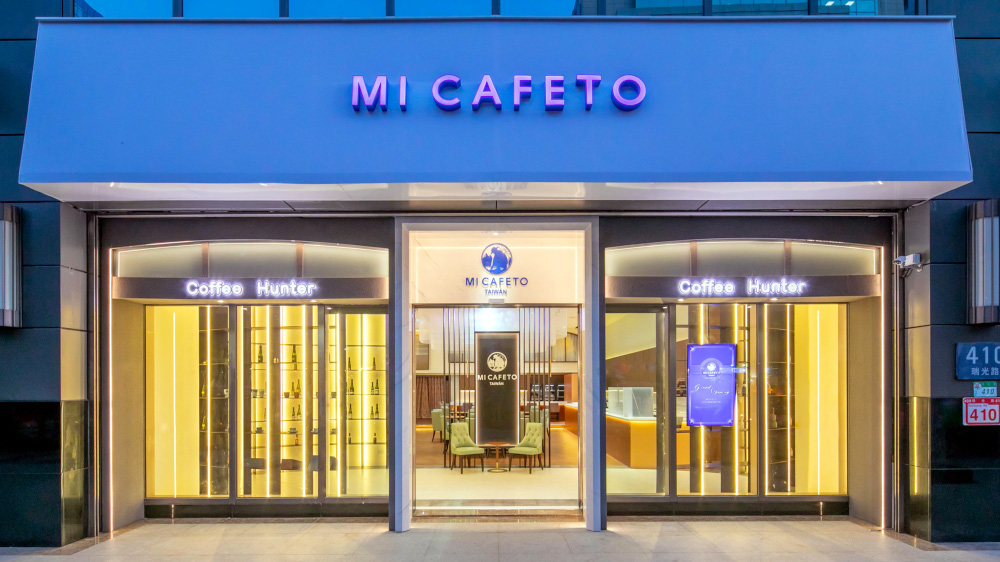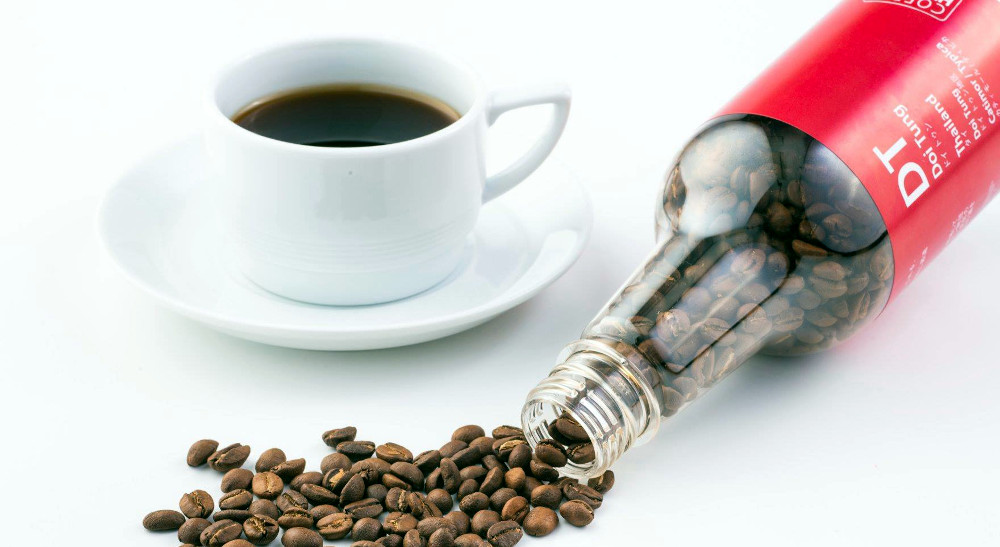One of the industries already most impacted by climate change is
coffee,
which is known to be facing a “2050
problem.”
Beyond the varied challenges of long and tortuous supply chains looms the issue
of supply shortages, as farmers in certain regions struggle to cultivate coffee
beans in the changing climate.
José Yoshiaki Kawashima — founder
and Chief Executive of Japanese sustainable coffee brand Mi Cafeto Co.,
Ltd — is a “coffee
hunter” who, for decades, has
traveled to plantations around the world to help solve the various problems
faced by the farmers at the heart of the business.
Kawashima’s mission is to create a market and increase value for producers who
are committed to making quality coffee while protecting the environment and
human rights. Mi Cafeto continues to work toward creating a more socially and
environmentally sustainable
industry and use coffee as a
bridge between producing and consuming nations.
Connecting producers and coffee lovers around the world
 Mi Cafeto’s Coffee Hunter café in Neihu, Taiwan | Image credit: Mi
Cafeto
Mi Cafeto’s Coffee Hunter café in Neihu, Taiwan | Image credit: Mi
Cafeto
Kawashima first travelled from Japan to study in El Salvador in 1975, at age
18. Over years of research at the Salvadoran Coffee
Institute, he
learned coffee bean cultivation and selection. Hired by coffee giant Ueshima
Coffee Co. in 1981, Kawashima was engaged in
developing coffee plantations in Jamaica, Hawaii and Indonesia. Over
the years, he became keenly aware of the increasing challenges of continuing to
satisfy the world’s demand for coffee in the face of climate
change
and poor labor conditions in coffee-producing regions and committed to changing
the story: Kawashima founded Mi Cafeto in 2008, was appointed Coffee Director for Japan
Airlines (JAL) in 2011 and
became Coffee Advisor to the Thai royal family in 2014 — and he continues to
work towards global sustainability for the industry.
“Consumed worldwide, the culture of coffee has developed to be unique to each
region in which beans are grown,” Kawashima explains. “It is one of the world’s
largest industries in terms of the numbers of people involved, but it faces many
challenges. One of these is that climate change will change the possible zones
of production by 2050, and the area of land suitable for bean production may
halve by then.
“Coffee trees are also more severely affected by
disease
as a result of the warmer climate; but if you look at our track record and the
various shared challenges faced over the last 50 years, with the right level of
investment combined with correct training with regard to cultivation, it should
be manageable to some extent,” he adds. “So, why can’t we do it? Because coffee
itself is not properly valued. Over the past 50 years, wages have risen,
overheads such as herbicides and pesticides have increased — and yet, due to
flat international coffee prices, producers are under
pressure.
In short, the price of coffee itself truly must rise.
“Mi Cafeto was founded for this very reason: By creating a value pyramid with
clear standards — with the highest grade the equivalent to a [revered French
wine] Romanée-Conti — the
overall value would rise. Producers would be paid
properly.
Producers would take the responsibility to grow beans of assured quality and be
able to gain consistent income from a market in which trades match the quality
of the product. Coffee will only be sustainable when its value is high enough.”
Kawashima’s ambition for consumers to value coffee as they would a fine wine can
be seen in Mi Cafeto’s branding and
packaging: Many of its coffee beans are
packaged in champagne bottles and called Premier Cru
Café and Grand Cru
Café, after the premium vintages
that inspired their names; and the company’s Coffee Hunter
cafés offer an
elegant environment and a truly elevated coffee-drinking experience.
The sky’s the limit
 Mi Cafeto’s Doi Tung coffee | Image credit:
JAL
Mi Cafeto’s Doi Tung coffee | Image credit:
JAL
Kawashima discusses his work with JAL — where he was instrumental in developing
the JAL Café Lines in-flight
beverage service, which offers different sustainable coffee varieties for each
class — with pride. Since 2018, Café Lines has featured Mi Cafeto’s Doi
Tung, a Rainforest
Alliance-certified product in its “Coffee Hunters”
series created in partnership with
the Mae Fah Luang Foundation — an
organization dedicated to reducing poverty among ethnic minorities in northern
Thailand whose livelihoods depended on opium production, human trafficking,
forest destruction and environmental degradation. Doi Tung coffee was the result
of a project that converted poppy fields, once grown for opium production in
mountain areas of Thailand, into coffee and macadamia farms.
By serving Doi Tung coffee on board, JAL, the Mae Fah Luang Foundation and Mi
Cafeto are supporting the work of the Doi Tung Development
Project — a
collaboration that conveys the sustainability efforts and philosophy of JAL to
customers and offers a guidepost for the future that Mi Cafeto aims for in
business.
Get the latest insights, trends, and innovations to help position yourself at the forefront of sustainable business leadership—delivered straight to your inbox.
SUSCOM
Published Jan 17, 2025 8am EST / 5am PST / 1pm GMT / 2pm CET